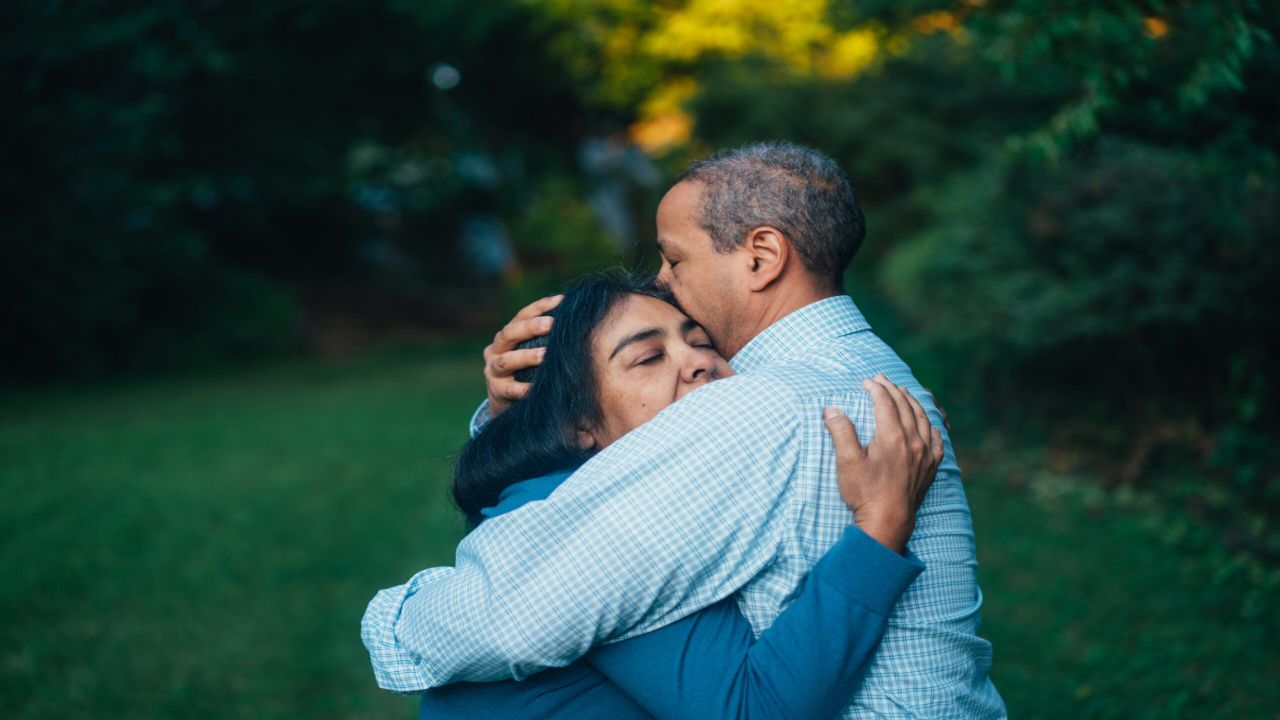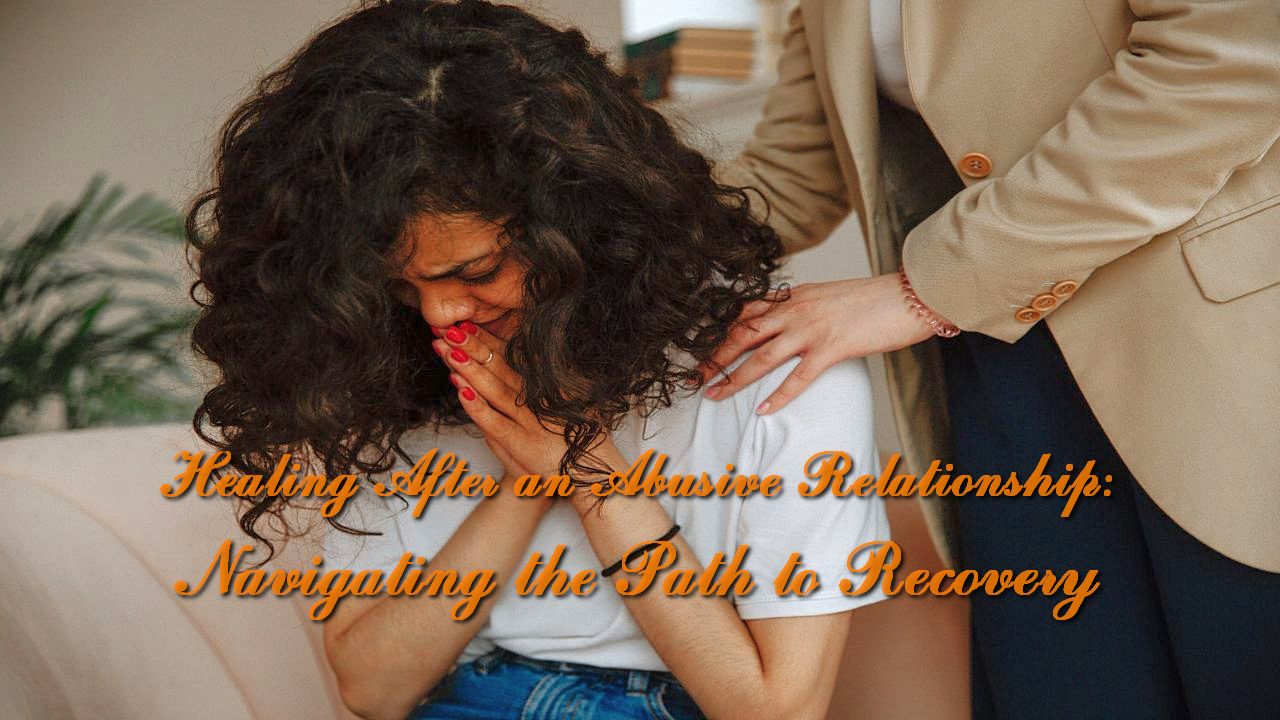Surviving an abusive relationship can leave deep emotional wounds that take time and effort to heal. Whether the abuse was physical, emotional, or psychological, the aftermath can be incredibly challenging. However, it’s important to remember that healing is possible, and there are strategies and resources available to support survivors on their journey toward recovery. In this article, we’ll explore various ways to heal after an abusive relationship, offering guidance and encouragement for those seeking to reclaim their sense of self and rebuild their lives.
Seek Professional Support

One of the most important steps in healing from an abusive relationship is seeking professional support and mental health counseling. Therapists, counselors, and support groups can provide a safe space for survivors to process their experiences, explore their emotions, and develop coping strategies. Therapy can help survivors address issues such as low self-esteem, anxiety, depression, and PTSD that often accompany abusive relationships. Additionally, therapists can offer guidance on setting boundaries, rebuilding trust, and developing healthy relationships in the future.
Practice Self-Care
Self-care is essential for survivors of abuse as they work to rebuild their lives. This can include activities such as exercise, meditation, journaling, and spending time with supportive friends and family members. It’s important for survivors to prioritize their physical, emotional, and mental well-being and to engage in activities that bring them joy and relaxation. Self-care can also involve setting boundaries and saying no to things that feel overwhelming or triggering.
Educate Yourself About Abuse

Understanding the dynamics of abuse can be empowering for survivors as they navigate their healing journey. Educating oneself about the cycle of abuse, the tactics abusers use to maintain control, and the red flags of unhealthy relationships can help survivors make sense of their experiences and recognize when they may be at risk in the future. There are many resources available, including books, articles, and online forums, where survivors can learn more about abuse and connect with others who have had similar experiences and also learn how to know when to walk away from a marriage.
Build a Support System
Building a strong support system is crucial for survivors of abuse. This can include friends, family members, support groups, and other survivors who can offer empathy, validation, and encouragement. Connecting with others who have experienced similar challenges can be particularly helpful, as it can reduce feelings of isolation and provide a sense of solidarity. It’s important for survivors to surround themselves with people who believe in them, support them, and affirm their worth.
Practice Forgiveness (But Not Forgetfulness)

Forgiveness can be a complex and deeply personal process for survivors of abuse. While forgiving the abuser is not always necessary or even possible, many survivors find it helpful to work toward forgiving themselves for staying in the abusive relationship or for any perceived mistakes they may have made. However, it’s important to note that forgiveness does not mean forgetting or excusing the abuse. Survivors have the right to hold their abusers accountable for their actions and to seek justice if they choose to do so.
Engage in Activities That Bring Joy and Fulfillment
Finding joy and fulfillment in life is an important part of the healing process for survivors of abuse. Engaging in hobbies, interests, and activities that bring pleasure and satisfaction can help survivors rediscover their sense of self and reclaim their identity outside of the abusive relationship. Whether it’s painting, hiking, playing music, or volunteering for a cause they believe in, survivors can find healing and renewal by focusing on the things that bring them joy.
Set Boundaries and Prioritize Safety
Setting boundaries is crucial for survivors as they rebuild their lives after abuse. This may involve cutting off contact with the abuser, creating a safety plan, and establishing clear boundaries in future relationships. Learning to prioritize one’s safety and well-being is essential for healing, and survivors should not hesitate to seek help or support if they feel threatened or unsafe.
In conclusion, healing after an abusive relationship is a challenging journey, but it is possible with time, support, and self-care. By seeking professional help, practicing self-care, educating oneself about abuse, building a support system, practicing forgiveness (but not forgetfulness), engaging in fulfilling activities, and setting boundaries, survivors can reclaim their sense of self-worth and rebuild their lives on their own terms. Remember, healing is a process, and it’s okay to take things one day at a time.
